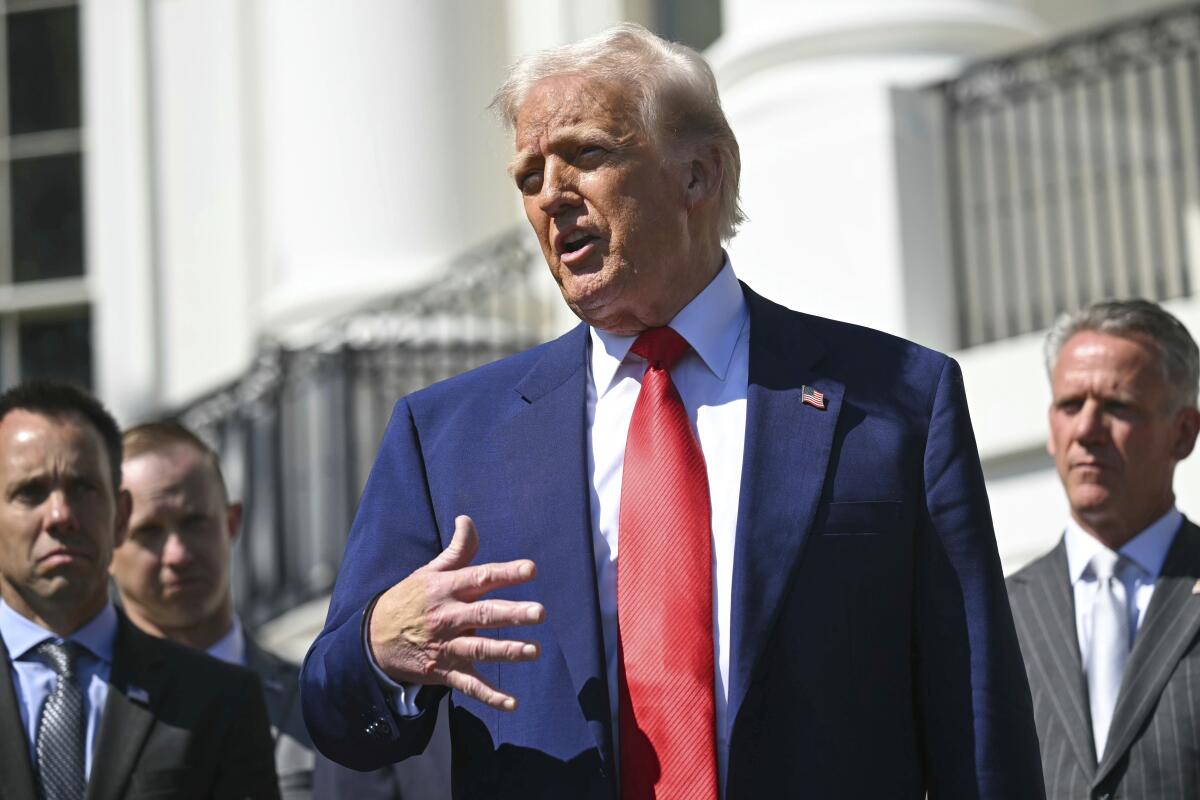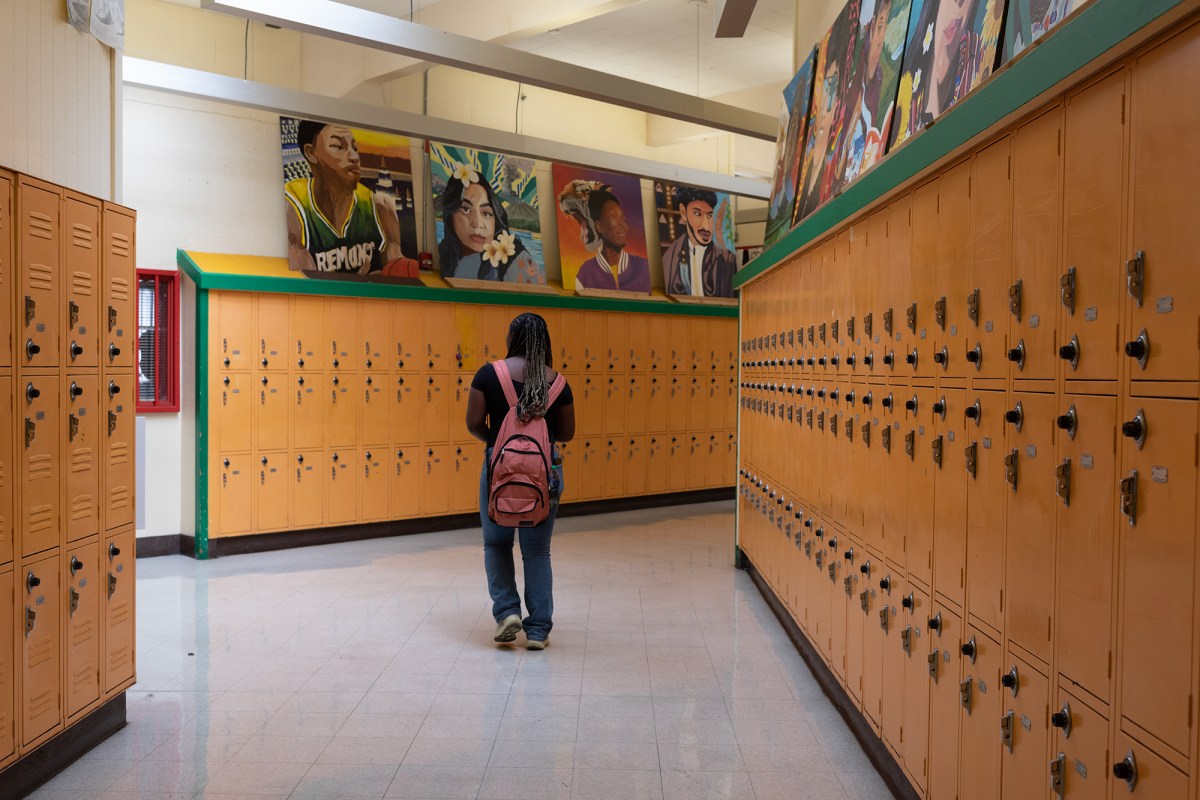Executive Summary
- The Senate voted to overturn an FCC rule that allowed schools and libraries to use E-Rate funds for Wi-Fi hotspots, impacting students' access to internet outside of school.
- Republicans argued the FCC overstepped its authority and the program lacked parental oversight, while Democrats emphasized the critical need for internet access for disadvantaged students.
- The decision is expected to widen the digital divide and limit access to essential educational resources for students in rural and low-income areas.
Event Overview
The U.S. Senate voted to overturn a Federal Communications Commission (FCC) rule that aimed to bridge the digital divide by allowing schools and libraries to use E-Rate funds to provide Wi-Fi hotspots to students and educators for use outside of school premises. This decision effectively blocks the implementation of the 'Addressing the Homework Gap' rule, which was finalized in August 2024. The move has sparked significant debate, with proponents arguing it harms vulnerable students and opponents claiming the FCC overreached its authority.
Media Coverage Comparison
| Source | Key Angle / Focus | Unique Details Mentioned | Tone |
|---|---|---|---|
| BGOV Bill Analysis | Details of the Congressional Review Act and the FCC's 'Addressing the Homework Gap' rule. | Mentions the rule was finalized on Aug. 20 and allows schools to purchase discounted Wi-Fi hotspots for off-site use. | Informative and neutral |
| Senator Markey's Press Release | Condemnation of the Republican vote and the negative impact on low-income and rural students. | Includes quotes from Senators Markey, Schumer, and Luján, along with statements from education and library associations. | Strongly critical of the Senate vote. |
| Ars Technica | The political battle over the FCC program and the arguments for and against it. | Highlights Senator Ted Cruz's argument that the program would impede parental control and risk censoring conservative viewpoints. Mentions the ECF program was axed last year. | Objective, providing both sides of the argument |
| The Verge | The impact on remote learning and the digital divide. | Notes the program was implemented by former FCC Chairwoman Jessica Rosenworcel and cites a study on the economic benefits of internet access. | Concerned about the rollback of subsidies and its impact on economic disparities |
Key Details & Data Points
- What: The Senate voted to overturn an FCC rule that would allow schools and libraries to use E-Rate funds to provide Wi-Fi hotspots to students for off-premises use, effectively blocking the 'Addressing the Homework Gap' initiative.
- Who: Key individuals include Senators Edward Markey, Chuck Schumer, Ben Ray Luján, Ted Cruz, FCC Chairwoman Jessica Rosenworcel, FCC Chairman Brendan Carr, and Representatives from various school and library associations.
- When: The FCC rule was finalized on August 20, 2024. The Senate vote occurred in May 2025. The hotspot lending program was scheduled to begin in July 2025.
- Where: The impact is nationwide, particularly affecting rural and low-income communities across the United States.
Key Statistics:
- E-Rate funding: Capped at $4.94 billion per year (Overall E-Rate funding)
- E-Rate spending in 2023: $2.48 billion (actual spending for E-Rate)
- Massachusetts E-Rate funds: Massachusetts schools and libraries received more than $930 million from the E-Rate program.
Analysis & Context
The Senate's decision reflects a broader ideological divide over the role of government in ensuring internet access. Republicans frame the issue as one of government overreach and parental control, while Democrats emphasize the critical importance of internet access for educational equity and economic opportunity. The elimination of the hotspot program raises concerns about widening the digital divide, particularly affecting students in rural and low-income communities who rely on these resources for completing homework and accessing educational materials. The future of similar programs is uncertain, pending further congressional action and FCC decisions.
Notable Quotes
With this vote, Republicans are abandoning millions of students who lack the internet access needed to complete their homework, attend class, and reach their full potential. It is unfair. And it is cruel. This repeal doesn’t make our schools stronger. It doesn’t make our libraries better. It doesn’t improve student outcomes. It doesn’t save the government money. All it does is strip away a lifeline.
The FCC cannot be allowed to unilaterally interpret the law in a way that fits their political agenda. The expansion of this program under the Biden administration was a blatant example of overreach that is not only unlawful but also disregards congressional intent.
Those with sufficient internet access are increasingly separated from those without, and this decision risks widening that gap even further
Conclusion
The Senate's decision to block the FCC rule on Wi-Fi hotspots marks a setback for efforts to bridge the digital divide and ensure equitable access to education. While opponents argue the program exceeded the FCC's authority, proponents emphasize the critical need for internet access, particularly for students in underserved communities. The long-term impact of this decision remains to be seen, as stakeholders explore alternative solutions and advocate for policies that promote digital inclusion.
Disclaimer: This article was generated by an AI system that synthesizes information from multiple news sources. While efforts are made to ensure accuracy and objectivity, reporting nuances, potential biases, or errors from original sources may be reflected. The information presented here is for informational purposes and should be verified with primary sources, especially for critical decisions.









